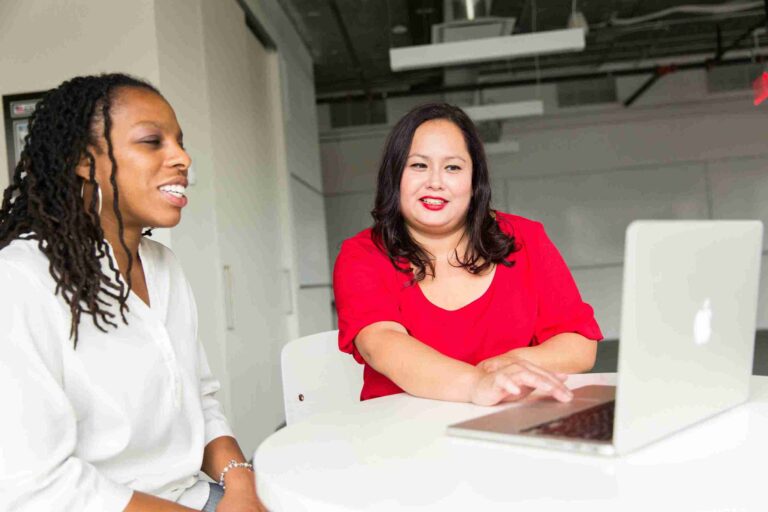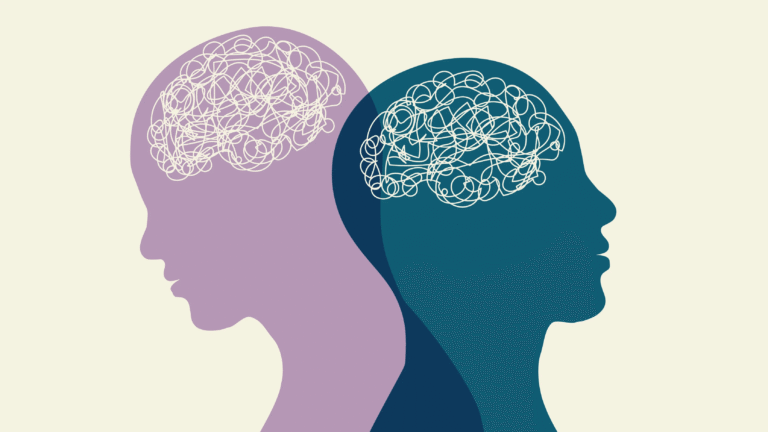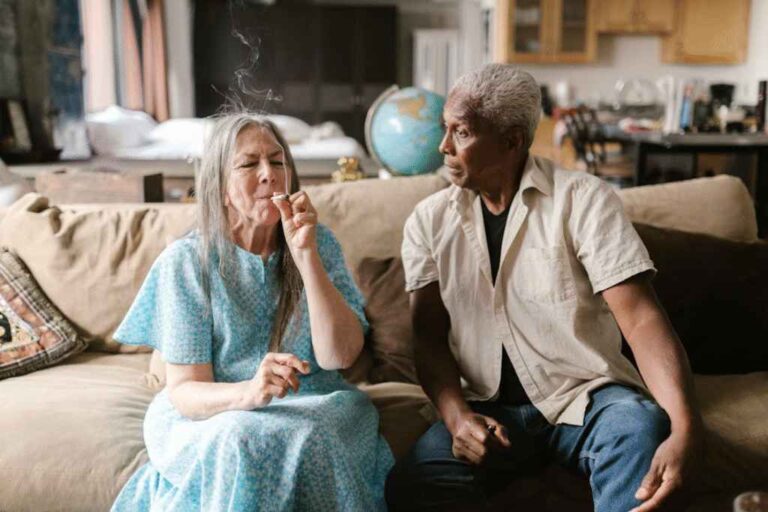The mental health field is growing fast. This growth is driven by more people seeking help for issues like anxiety, trauma, and substance use. At the same time, counseling as a profession is changing in important ways. New tools, new client needs, and new ways of delivering care are reshaping what it means to be a counselor.
Graduate students entering the field need to know what’s ahead. Many programs still focus on older models of therapy that don’t reflect today’s reality. That can leave students feeling unprepared when they start seeing clients. To succeed in this new environment, students should learn what’s happening now—and what’s coming soon. The following trends offer a clear view of the future and how to plan for it.
Teletherapy Is Now a Standard Option
Teletherapy used to be rare. It was mostly used in emergencies or rural areas. That changed during the COVID-19 pandemic, when many counselors had to work online. Now, it’s a regular part of care. Many clients actually prefer video sessions because they’re more flexible and private. Counselors who want to work in different states can also use teletherapy to reach more people.
Graduate students need to prepare for this shift. That means getting comfortable with video platforms, learning to manage privacy concerns, and adapting in-person techniques to a digital setting. Most programs now offer teletherapy training as part of their clinical work. Some even offer virtual practicum placements.
This change has also led to a rise in flexible degree options. Online CACREP counseling programs are growing in number and popularity. These programs follow the same accreditation standards as campus-based options but allow students to learn from home. For students who want to gain experience with remote care while managing work or family responsibilities, these online programs provide strong, accessible training.
Culturally Responsive Care Is No Longer Optional
Today’s clients come from many backgrounds. They bring their own languages, values, and life experiences into the counseling space. That means counselors must be prepared to work with people who are different from them. Culturally responsive care is about more than being “open-minded.” It requires real knowledge, active listening, and respect for how identity shapes mental health.
Graduate programs are updating their training to reflect this. Courses on multicultural counseling are being revised. Programs are adding more diverse faculty and case examples. Students are learning how culture influences diagnosis, communication, and trust. They’re also being taught to examine their own biases. As society becomes more diverse, this kind of training will only become more important.
Trauma-Informed Care Is Becoming Universal
Trauma isn’t just something that happens to a few clients. Research shows that most people experience some kind of trauma in their lives. That could be abuse, violence, illness, or loss. Trauma-informed care means recognizing how these experiences affect thoughts, behavior, and trust. It also means creating a safe and supportive space where clients don’t feel judged.
Today, trauma-informed training is becoming a core part of counseling programs. Students learn how trauma changes the brain, how to build safety with clients, and how to avoid re-traumatizing people during sessions. Practicum sites are also shifting toward trauma-informed models. This gives students a chance to see these ideas in action before they graduate.
Mind-Body Approaches Are Gaining Ground
Mental health and physical health are closely connected. More people are looking for care that takes the whole person into account. That means counselors need to understand how things like sleep, diet, and movement affect mood and thinking. It also means using techniques like breathing, mindfulness, and grounding exercises in session.
Many counseling programs are starting to include mind-body methods in their training. Some even offer workshops in yoga, meditation, or somatic therapy. Students who know how to use these tools can offer more options to clients. This doesn’t mean becoming a wellness coach—it just means being open to how the body supports emotional healing.
Self-Care Becomes a Required Skill
Burnout is common among counselors. Long hours, emotional strain, and a heavy workload can wear people down. That’s why self-care is no longer just good advice—it’s a necessary skill. Many programs are now including self-care in their course plans. They don’t just talk about it. They ask students to build real plans they can stick to during training and after graduation.
Students learn to recognize early signs of stress. They also explore ways to stay balanced, like setting work limits, creating peer support groups, and making time for personal routines. Some programs even offer group sessions to help students check in and recharge. By making self-care part of training, schools are helping future counselors stay healthy in their work.
Co-Occurring Disorders Have Become Quite Common
Many clients struggle with more than one problem. A person may struggle with both depression and substance use. Or anxiety and past trauma. This overlap is called co-occurring disorders. It’s common, but not always easy to treat. That’s why counselors need training that covers both mental health and addiction together.
Graduate programs are updating their lessons to reflect this need. Students learn how symptoms interact and how to create care plans that address the full picture. They also learn how to work with other providers, like doctors or rehab staff, to give clients better support. As more people seek help for complex issues, this skill is becoming essential.
Read more here: Addiction And The Brain
Advocacy Is Part of the Job Now
Counselors used to focus only on the therapy room. That’s changing. Now, they’re also expected to speak up for their clients outside of sessions. That includes talking to lawmakers, joining community efforts, and helping reduce the stigma around mental health. Some even help write policies or lead training in schools and workplaces.
Graduate programs are adding advocacy skills into their lessons. Students might learn how to run awareness campaigns, give public talks, or support local health laws. This gives them the tools to create change beyond one-on-one care. It also helps them grow as leaders in their field.
The field of counseling is moving fast. New tools, new needs, and new ways of working are changing how counselors are trained and how they practice. Graduate students who understand these changes can prepare better for real-world work. Whether it’s teletherapy, trauma care, or policy change, these trends are shaping what comes next. The more students know now, the more confident they’ll be when it’s time to start their careers.














